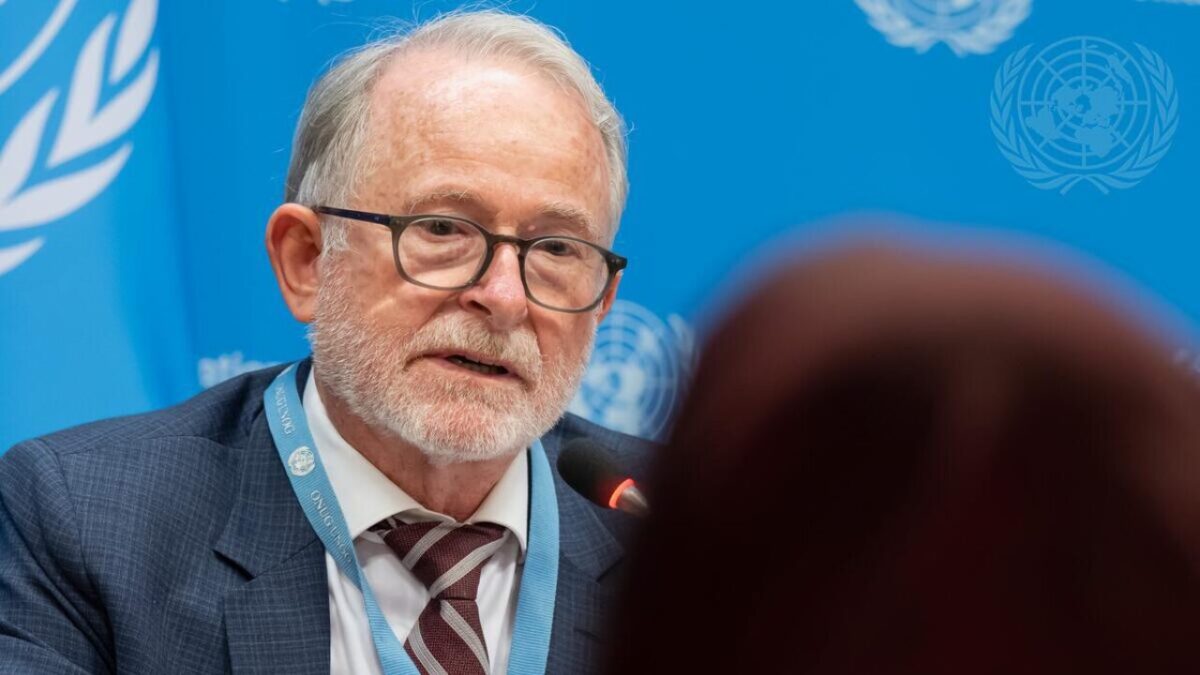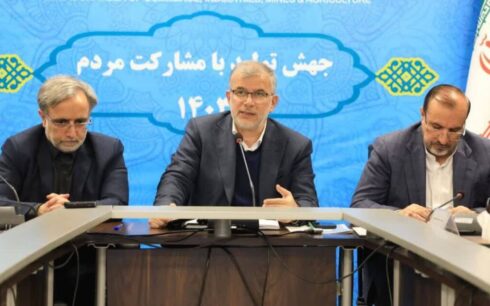KABUL, Afghanistan — The Taliban’s prohibition on education for girls beyond the sixth grade has created a crisis of gender-based violence, forced marriages, and a sharp rise in mental health issues, Richard Bennett, the U.N. Special Rapporteur on Human Rights in Afghanistan, said in an interview with Education Cannot Wait.
The ban, now in its third year, is systematically excluding women and girls from public life, Bennett said, describing the impact as “devastating” and warning of long-term societal consequences.
Bennett detailed the profound psychological and social toll the ban has taken on Afghan girls. “They see their future lives and opportunities narrowed entirely to the domestic sphere,” he said. “This, combined with the prospect of early or forced marriage, has driven thousands into depression. Self-harm, including suicides and suicidal ideation, has risen dramatically.”
The effects ripple far beyond individuals. Families are torn apart, communities are fractured, and Afghan society faces deepening poverty, rising gender inequality, and increased child labor and exploitation, Bennett explained. “No society can prosper if half the population is excluded from contributing to its economy,” he added.
Bennett condemned the Taliban’s policies as part of a broader system of gender-based oppression that amounts to “gender persecution” and could constitute crimes against humanity under international law. He also supported the growing global recognition of these policies as “gender apartheid,” calling for the codification of this term into international treaties.
“The Taliban’s system of discrimination, segregation, and exclusion is pervasive and methodical,” he said. “Whether we describe it as gender persecution or gender apartheid, the situation is not only unacceptable—it is unconscionable.”
Afghan girls have expressed despair over their exclusion from education. Sanam, a ninth-grade student when schools were closed, described her frustration: “It’s been three years since schools closed. Those were supposed to be my years of learning. Now, I’m stuck at home, my dreams shattered, simply because I’m a girl.”
Medina, another student, said, “I feel like we’re living in a prison. Life is passing us by, and our dreams are disappearing.”
Despite the ban, informal and alternative educational pathways are emerging, offering hope to Afghan girls. Bennett emphasized the importance of sustained donor support for organizations like Education Cannot Wait, which provide critical educational opportunities and psychological support.
“Funding these initiatives is an investment in resilience and gender equality,” Bennett said. “Without support, millions of girls risk being left in the shadows, perpetuating cycles of despair and marginalization.”
He also urged the international community to stand in solidarity with Afghan women and girls, amplifying their voices and holding the Taliban accountable. “The courage and resilience of Afghan girls fighting for their right to learn is nothing short of heroic,” he said.
The Taliban initially described the closure of girls’ schools as a “temporary” measure following their return to power in 2021. Three years later, no steps have been taken to reverse the ban, leaving activists and rights groups deeply concerned about a “lost generation” in Afghanistan.
Bennett warned of “intersectional and intergenerational consequences” if the world fails to act. “The time to act is now,” he said. “We cannot allow the dreams and potential of millions of Afghan girls to be extinguished.”





